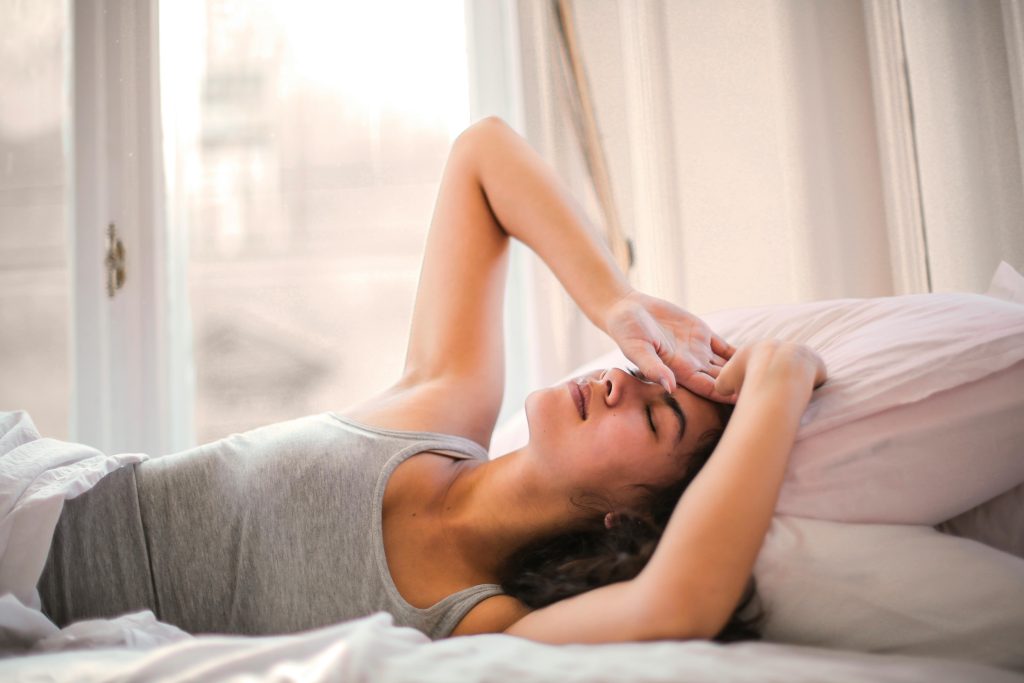Sleeplessness has become one of society’s biggest problems. At any given time, up to 40% of adults and 50% of children in the UK are struggling with their sleep, a problem which is often made worse during the summer months when the warmer weather can make it harder to sleep.

The ideal temperature for a bedroom is between 16 and 18°C. When your body is cool and rested, it triggers the production of melatonin, the sleep-promoting hormone. During the evening, your body temperature naturally drops, and as morning approaches it rises again, getting ready for the day. This is all part of the shutdown and repair process. If you are waking up in a bog of sweat then your bedroom may be too hot or you need to ditch that high TOG duvet.
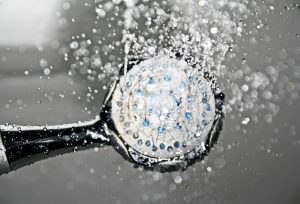
Cool yourself down before going to bed with a lukewarm shower or bath. Resist the temptation to have an ice-cold shower as your body will just increase its core temperature to counter the effect of the cold water. An ice cold shower will also wake you up.
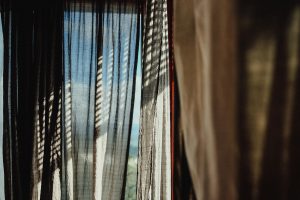
Dim the lights and keep those curtains closed! If you keep your blinds or curtains closed during the day, the temperature in your bedroom will drop. Minimise the number of lightbulbs you have on as they can generate a surprising amount of heat.
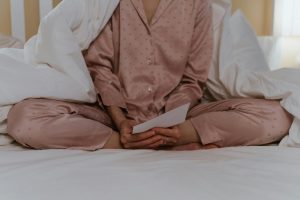
Choose natural fibres to sleep in and sheets over duvets to help increase airflow and circulation. And don’t lose the pjs – sleeping without any clothes on could make you even hotter. Pyjamas help to absorb sweat, allowing moisture to evaporate between your body and the bed sheets. Again choose loose fitting natural fibres over synthetic ones. Light cotton or silk pyjamas are best, as the fibres will draw moisture and heat away from your body.
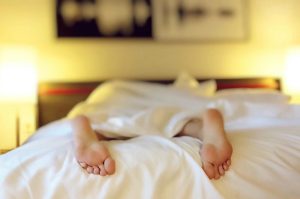
Keep your feet cool. Feet regulate body temperature. Even if you just poke your tootsies out from under the covers, by keeping your feet cool, you can help to keep the rest of your body cool. Bed socks are a definite no-no.

Try not to eat too late and make your last meal of the day as light and as cold as possible. Your body uses less energy, and therefore generates less heat, to digest salads and fish.

Stay well hydrated throughout the day and into the evening, but resist the night-time tipple. Your liver creates heat in the process of detoxifying alcohol. Plus bear in mind that alcohol is actually a stimulant. Try a refreshing infusion made with cooling herbs instead.

Sleep in the coolest room. Heat rises, so if you have the option to sleep in a lower-altitude room in your house, do so, you’ll probably be cooler. If not, you could consider moving your mattress to the floor or even sleeping in a hammock.

Kick out your partner! Not the friendliest of suggestions, granted, but we humans generate a huge amount of heat, and more bodies in bed means more heat. Avoid sharing a bed on really warm nights if you can, and don’t share your sleeping quarters with any of your furry friends.
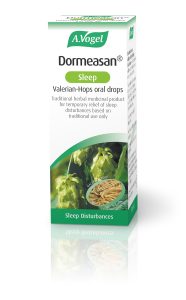 For some natural support to help you sleep better at any time of the year try A.Vogel’s Dormeasan Sleep. With fresh Valerian and Hops it can help you get to sleep and also stay in the deeper stages of sleep for longer. Take 30 drops in a little water half an hour before bedtime.
For some natural support to help you sleep better at any time of the year try A.Vogel’s Dormeasan Sleep. With fresh Valerian and Hops it can help you get to sleep and also stay in the deeper stages of sleep for longer. Take 30 drops in a little water half an hour before bedtime.
For a water-free solution that can be taken even in the middle of the night, there’s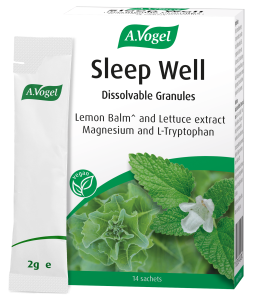 Sleep Well Dissolvable Granules, with extracts of Lettuce, Lemon Balm, Magnesium and L-Tryptophan. These plant-based ingredients work to promote a calm, restful sleep, are non-addictive and fast-acting, and won’t leave you feeling groggy in the morning.
Sleep Well Dissolvable Granules, with extracts of Lettuce, Lemon Balm, Magnesium and L-Tryptophan. These plant-based ingredients work to promote a calm, restful sleep, are non-addictive and fast-acting, and won’t leave you feeling groggy in the morning.
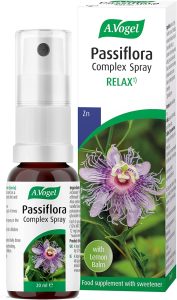 ‘Hamster-wheel’ mind that won’t switch off? Passiflora Complex (drops, tablets or spray), taken during the day can help to calm mental overactivity and ease anxiety, which in turn helps promote a more restful night’s sleep. It can also be used alongside herbal sleep remedies if needed.
‘Hamster-wheel’ mind that won’t switch off? Passiflora Complex (drops, tablets or spray), taken during the day can help to calm mental overactivity and ease anxiety, which in turn helps promote a more restful night’s sleep. It can also be used alongside herbal sleep remedies if needed.
Finally, fall in love with lavender. Lavender is a naturally cooling and sleep-supportive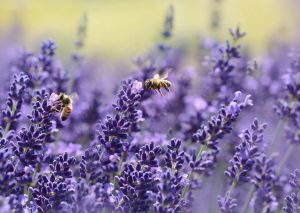 herb. Try spraying your pillow and bedding with lavender before bedtime, or dabbing a little lavender on your wrists, temples or neck.
herb. Try spraying your pillow and bedding with lavender before bedtime, or dabbing a little lavender on your wrists, temples or neck.
For further information on hayfever and allergy, visit Jay Thankey at Natural Health, 339 Ballards Lane, North Finchley, or call 020 8445 4397.


